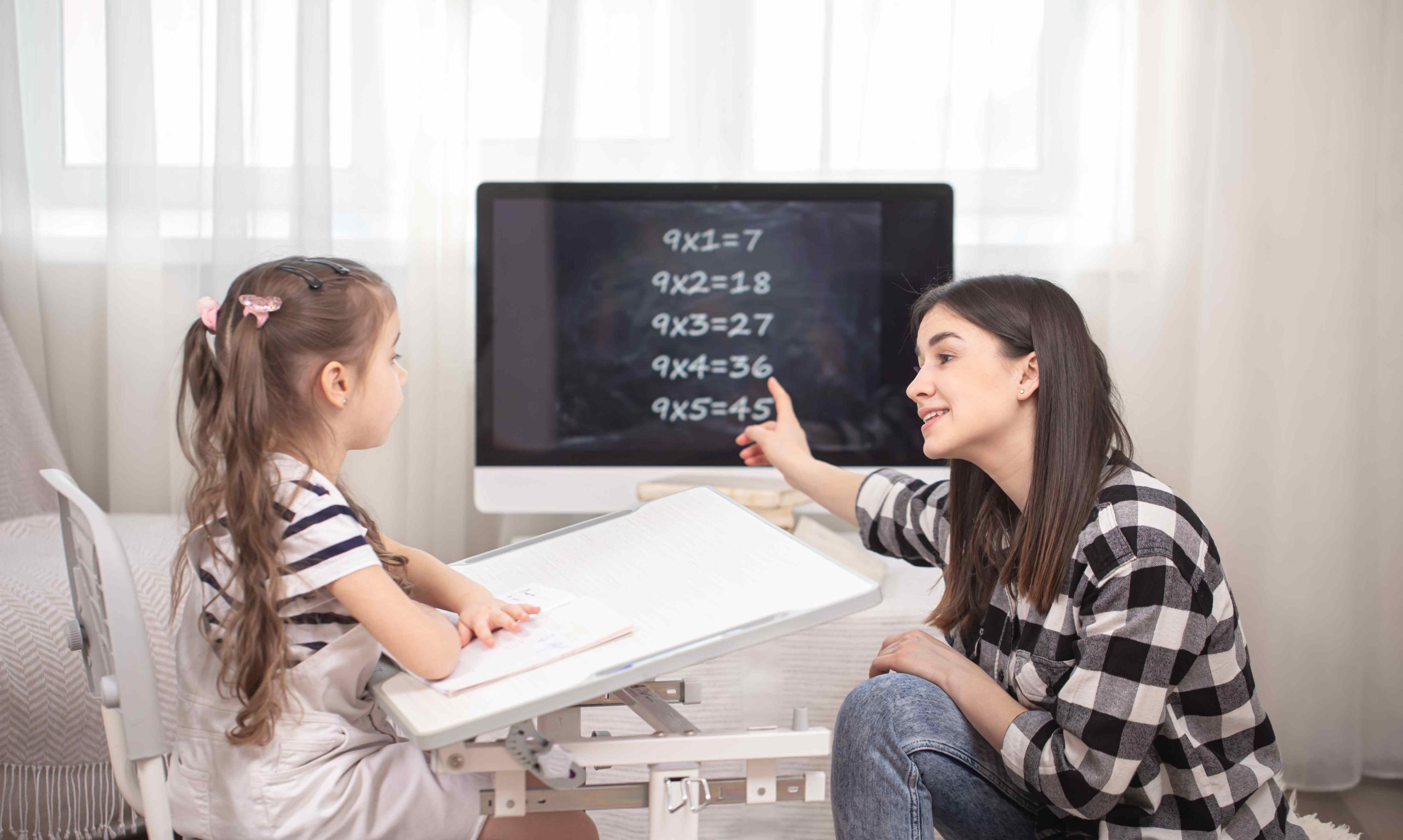
Building Strong Foundations: Essential Skills for Preschoolers in Kindergarten
Preschoolers are the future leaders of society, and it’s crucial to equip them with the tools they need for success. Kindergarten plays a vital role in shaping their academic and social abilities. As parents and educators, it’s our responsibility to ensure they receive the best education possible.
Cognitive Skills
In kindergarten, preschoolers develop mental abilities crucial for learning, such as memory, attention, problem-solving, and critical thinking. They learn basic math and reading, along with recognizing numbers, letters, shapes, and colors. These skills prepare them for primary school and beyond.
Social Skills
Kindergarten fosters social skills like effective communication, empathy, and cooperation. Preschoolers learn to express themselves, understand others’ feelings, and respect boundaries. These skills are vital for forming healthy relationships and a sense of community.
Physical Skills
Preschoolers develop gross and fine motor skills necessary for daily tasks. They learn to balance, control their bodies, and handle objects like pencils and scissors. These skills support both academic learning and everyday activities.
Emotional Skills
Emotional intelligence is essential for preschoolers to understand and manage their feelings. They learn to communicate emotions, cope with stress, and build self-awareness. Developing emotional resilience helps them navigate life’s challenges positively.
Creative Skills
Kindergarten encourages creativity through activities like drawing, painting, and storytelling. Preschoolers express themselves creatively, enhancing critical thinking and problem-solving abilities.
Environmental Skills
Preschoolers learn about nature, sustainability, and caring for the environment. They develop an appreciation for nature and learn to respect and protect it for future generations.
Supporting Preschoolers’ Development
- Encourage Exploration and Play: Provide opportunities for free and structured play to develop cognitive and social skills.
- Model Positive Behavior: Demonstrate kindness, respect, and healthy emotional management as role models.
- Read Together: Regular reading sessions foster cognitive and language skills.
- Encourage Creativity: Offer opportunities for artistic expression to boost confidence and imagination.
- Foster Love for Nature: Teach the importance of sustainability and environmental responsibility through outdoor activities.
Conclusion
Kindergarten is a crucial phase for preschoolers’ development, laying the foundation for their future success. By nurturing cognitive, social, physical, emotional, creative, and environmental skills, we help them become well-rounded individuals ready to thrive in all aspects of life. As caregivers and educators, it’s our duty to provide them with the support and resources they need to reach their full potential.

